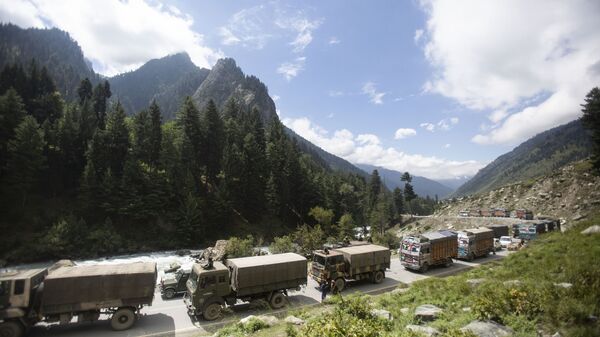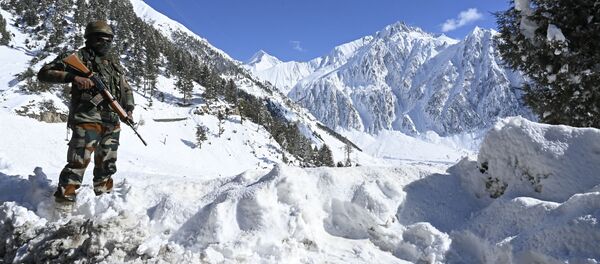Indian Foreign Minister S. Jaishankar has accused China, once again, of not abiding by past agreements and stated that trust with Beijing has been "profoundly disturbed" after last year's events along the northern border in eastern Ladakh.
Speaking at a Reuters Next conference, Jaishankar said that what happened in Ladakh is not in the interest of China either.
"Last year's deadly border clash with China has had a huge impact on public opinion in India and on politics. The real danger is the goodwill which was so carefully developed will dissipate", Jaishankar said.
On the other hand, while addressing the media on Tuesday, Indian Army Chief General Manoj Mukund Naravane said, "we are alert and ever ready to meet any challenges on the China border. We will find a solution through the dialogue process but are ready to meet any eventuality".
"However [there's] no change of posture at the friction points", General Naravane emphasised.
Highly placed government sources in New Delhi told local media that China has pulled back around 10,000 troops from deep areas in Ladakh to rear positions which may be due to harsh winter conditions along the Himalayan border.
"Last year, the People's Liberation Army mobilisation was an annual affair as they come for exercises. We were fully aware of their deployment but they had a first mover's advantage. We had this advantage in August 2020 when we surprised the Chinese despite an eyeball to eyeball confrontation", Naravane added.
India occupied key positions along the southern bank of Pangong Tso in late August to thwart Chinese plans. India and China deployed around 50,000 troops each on the Ladakh border after a deadly clash in the Galwan Valley brought the two Asian giants to the brink of war. India lost 20 soldiers in hand-to-hand combat with Chinese troops in the Galwan incident.
On Friday, India reiterated that the nine-month situation is a result of the actions of the Chinese side, which has sought to effect a unilateral change in status along the Line of Actual Control (LAC) in eastern Ladakh. The assertion has been denied by the Chinese Foreign Ministry on a number of occasions.




